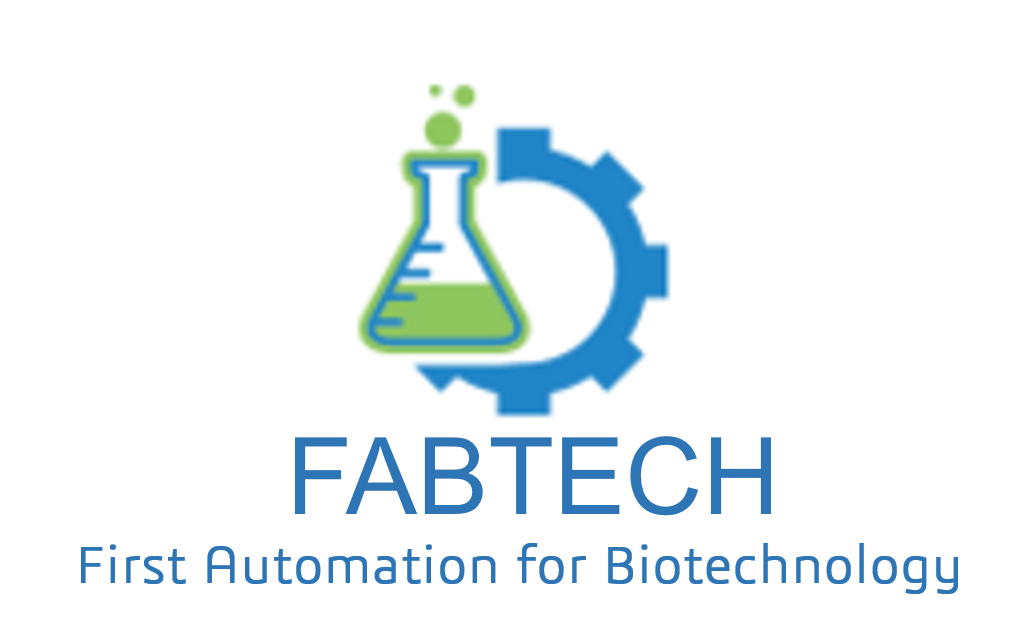- Microtome automation
- Virus detection
- Enhancing cell competence
- Sampling apparatus for deoxynivalenol detection
- Automated sample preparation for in-situ detection of legionella
Microscopic examination of cell tissue samples is time consuming and monotone process in histology laboratories. The increasing workload in these laboratories has attracted efforts in increasing the levels of automation to enhance productivity without affecting quality. However, the most demanding and time-consuming step in histopathology is the microtomy. In this project, an automated processing and handling method was developed, based on control & robotics for laboratories using microtome devices. The result was a device, suitable for installation on commercial microtomes for easier and faster histology analysis
Our core team participated in the development of HIV early detection biosensor. We integrated the novel biosensor into a custom designed thermal insulated laboratory device. Our partner developed a rapid capacitive ultra-sensitive biosensor that can detect HIV-1 early on. We brought their laboratory solution into a point-of- care automated in-vitro HIV screening device. This technology is based on a label-free rapid biosensor technology. We developed a replaceable cartridge system integrating the biosensor concept keeping only the ‘degrading’ part of the biosensor in the disposable cartridge. All the reusable sensor components are implemented into the docking part minimissing operational costs.
Aiding a biotechnological startup on their novel solution. In our collaboration, we developed a special automated laboratory device using extreme high pressure to enhance recovery rate of sperm cells after cryopreservation.
Mycotoxin-producing fungi hazardously contaminate a variety of food and feed crops including wheat. As toxic contamination can lead to serious effects on human and animal health, it is essential to monitor its presence in crops. FABTECH’s team contributed to the development of a fully automated device provides an opportunity for efficient, truly representative immediate on-site testing of DON toxin (deoxynivalenol) in wheat enabling traders, mills or growers to monitor crop quality in their large-sized lots. The team of FABTCEH made the design and construction of the wheat dust sampling unit and the user-friendly computer based control and monitoring unit.
The deadly Legionella bacteria can contaminate artificial water systems. FABTECH’s team participated in the development of a sample concentration and detection system using super paramagnetic nano-beads functionalised by specific antibodies as biomarkers to catch Legionella bacteria. A 1 litre water sample is first filtered, the bacteria is automatically suspended in a small amount of buffer fluid in which functionalized magnetic beads are used to label the Legionella bacteria. A magnetic field is used to separate the marked pathogen from the rest. The team of FABTECH developed the automated sample preparation device, sensor electronics, microcontroller based control electronics.
